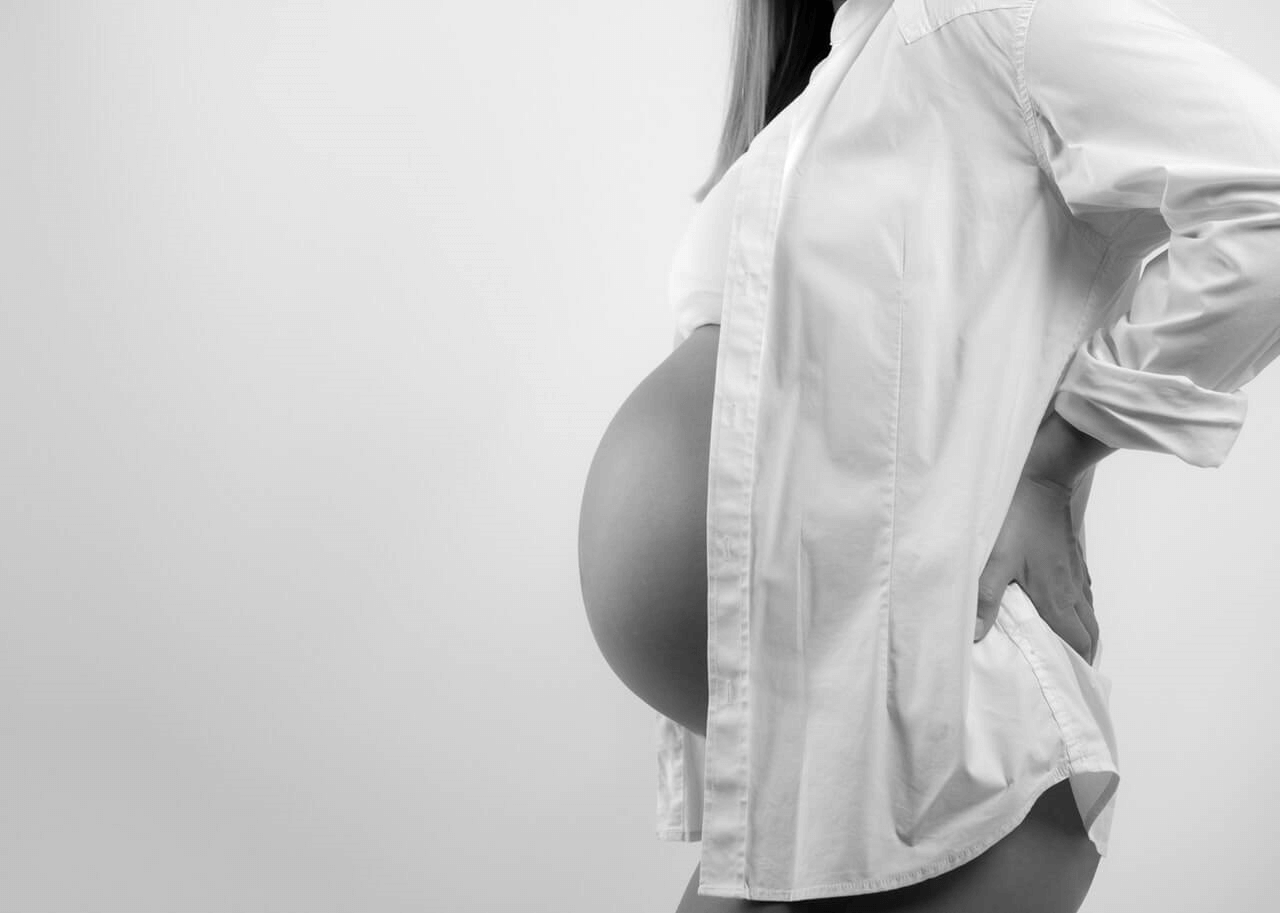6 Ways To Maximize Your Chances Of Getting Pregnant

Getting pregnant can be a difficult process. A plethora of factors come into play when you're trying to conceive. If you've been trying to get pregnant for a long time but without success, it can feel impossible.
But there are changes you can make to increase your chances of conception. Read on to find out just a few ways you can maximize your chances of getting pregnant.
Go teetotal for benefits now and after pregnancy
Despite popular myths, drinking in moderation does not affect fertility. However, the actual definition of moderate drinking falls far short of most people's definitions.
Drinking any more than a moderate amount when trying to conceive can impact your ovulation cycle, which in turn decreases your chance of conceiving.
And that goes for men too. Drinking in excess can increase a man's estrogen, which in turn can reduce his sperm count too.
Indeed, the benefits of alcohol abstinence go beyond increasing your chances of conceiving.
Drinking during pregnancy also has serious negative effects on your unborn child too. Alcohol passes into the baby's blood and can result in birth defects, brain damage, learning disabilities, and more.
But beyond this, teetotalism also helps you hit the ground running after giving birth too.
As Knix‘s Life After Birth Project shows, the postpartum body is a beautiful thing. But society often pressures women to ‘bounce back' after birth, fueled by media depictions of A-listers following strict (and expensive) nutrition plans monitored by qualified dieticians.
So while you shouldn't strive to lose weight immediately after giving birth, giving up alcohol does offer more benefits beyond increasing your chances of conceiving. It will help you get back into healthy lifestyle habits that benefit you and your newborn too.
Get your essential nutrients and vitamins
Vitamins and nutrients are what fuel our body's growth. They help us repair wounds after injuries, keep our nerves functioning, and strengthen our bones and teeth.
Minerals and vitamins also keep your reproductive system in good working order too. Iron, in particular, is essential for improving egg quality and ovulation. Other essential nutrients to help conception include:
- B vitamins (i.e. B1, B2, B3, B6, and B12)
- Calcium
- Healthy fats (e.g. avocados, cheese, etc)
- Folic acid
- Vitamin D
- Selenium
While your intake of these can be managed through diet, it's also worth taking certain vitamin supplements to complement this. Look for supplements containing folic acid and vitamin D to ensure you get any nutrients you wouldn't otherwise get through diet.
Carefully monitor your ovulation
Technically speaking, a woman can get pregnant at any time as long as they are menstruating. But fertility levels peak and dip throughout the menstrual cycle, so it's possible to increase your chances of conceiving by tracking your cycle.
You are at your most fertile when you are ovulating. This occurs around the 14th day of your menstrual cycle, given that the first day is when you start your period. Peak ovulation period starts five days before the day of ovulation (14th) and extends to the day afterward.
Having sex during this period increases your chance of getting pregnant. However, keeping track of your ovulation cycle can be tricky. Thankfully, there are lots of period and ovulation apps available to help you track your cycle with ease.
Take time to relax and de-stress
While it's easier said than done, reducing stress is a good way of increasing your chances of conceiving. When your body is in a state of stress, it goes into ‘fight-or-flight' mode. This releases stress hormones such as cortisol, which impacts ovulation hormones.
Consequently, actively seeking to reduce stress in your day-to-day life will increase your likelihood of getting pregnant. Mindfulness is a good place to start, along with relaxing meditation, bubble baths, and long walks in nature. Whatever relaxes you, make time in your day to do so.
But it's also worth avoiding stressful situations too. Conflicts and arguments are an example, but so too are things like commuting to work on a packed train. Stress can happen anywhere, and while it's often unavoidable, steering clear of stressful situations will help your chances of conceiving.
Never underestimate a good night's sleep
Sleep is crucial for optimal body function. It preserves mental health, keeps our bodies working properly, and helps us repair and regenerate. But sleep is also vital for keeping your ovulation cycle running as it should.
When your circadian rhythms (the internal processes of your sleep-wake cycle) are interrupted, your ovulation cycle is thrown askew. As a result, your body does not produce enough hormones to increase your chances of conception.
Like reducing stress, getting a good night's sleep is easier said than done. But there are tried-and-tested methods that lead to a more restful sleep. Herbal teas that contain valerian or CBD are a popular non-prescription option. A hot bath before bed also aids sleep too.
Avoid using your phone at least an hour before bed as the blue light impacts your circadian rhythms. It's also worth avoiding drinking any fluids an hour before bed too. This prevents you from having to get up in the middle of the night to use the toilet, thus disrupting your sleep.
When it comes down to it, conceiving can feel like a lottery. But while it might be hard, there are ways to boost your chances of conception. While the tips above don't guarantee success, they will increase the likelihood you'll conceive.
839GYLCCC1992



Leave a Reply